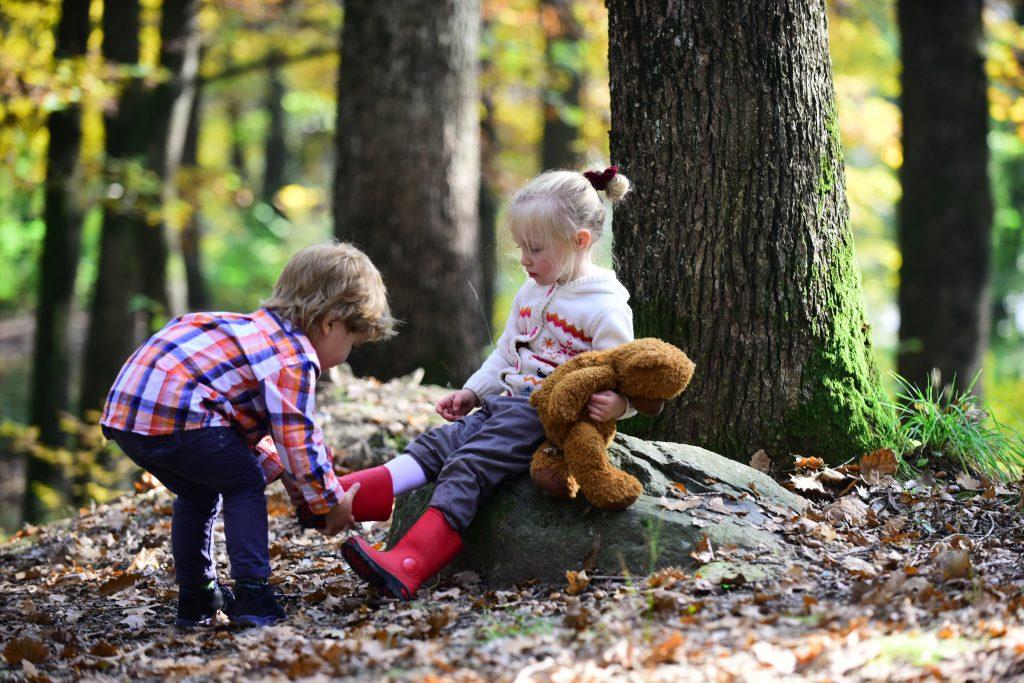Teaching Your Kids to Be the Bigger Person Without Being a Pushover
Teaching children important life skills is a vital aspect of parenting. One crucial skill is learning to be the bigger person in difficult situations without being perceived as a pushover. The ability to stand up for oneself and assert boundaries while maintaining empathy and maturity is a valuable lesson that will serve your child well.
Teach your kids how to be the bigger person without compromising their self-respect.
Model the Behavior
Children often learn by observing their parents and other significant adults. If you want to teach your kids to be the bigger person, it’s essential to model this behavior yourself. Be a role model by demonstrating empathy, patience, and the ability to handle conflicts gracefully and maturely. When you encounter a challenging situation, show your children how to respond assertively without resorting to aggression or passivity.

Teach Empathy
Empathy is a fundamental component of being the bigger person. Help your children understand the feelings and perspectives of others. Encourage them to imagine themselves in someone else’s place, which can lead to a more compassionate and understanding approach in challenging situations. Empathy can help them approach conflicts, learning to focus on finding common ground and reaching a compromise.
Encourage Open Communication
Effective communication is vital to resolving conflicts without being a pushover. Teach your children how to express their thoughts and feelings respectfully. Encourage them to use “I” statements to express their needs and concerns without making others defensive. Also, emphasize the art of active listening and empathizing with what others say.
Set Boundaries

Being the bigger person doesn’t mean allowing others to walk all over you. Teach your children the importance of setting and maintaining healthy boundaries. Explain that saying ” no ” is acceptable when someone asks for something unreasonable or disrespectful. Help them practice setting boundaries in different situations and show them that it’s possible to do so assertively and without being confrontational.
Teach Problem-Solving Skills
Conflict resolution and problem-solving skills are invaluable for handling difficult situations without being a pushover. Encourage your children to brainstorm solutions when they face conflicts. Guide them in finding compromise and win-win solutions that consider their needs and the concerns of all parties involved. Problem-solving skills empower kids to be assertive without being aggressive.
Foster Self-Confidence

To be the bigger person, children need self-confidence. Help them develop a positive self-image by celebrating their achievements and encouraging them to take on challenges. When children feel good about themselves, they are less likely to be passive in conflicts and more likely to assert themselves without feeling like a pushover.
Discuss Consequences
Explain to your children the consequences of different approaches in conflict situations. Discuss how being overly aggressive can harm relationships while being overly passive can lead to people taking advantage of them. Children can make informed decisions about handling conflicts by understanding the potential outcomes of their actions.
Praise Positive Behavior
When your children successfully handle a challenging situation with maturity and assertiveness, praise and acknowledge their behavior. Positive reinforcement encourages them to continue demonstrating these skills in the future. Reinforce the idea that being the bigger person is a sign of strength, not weakness.
Provide Support
Finally, let your children know you support them as they learn. Encourage open communication and be a source of guidance as they face challenging situations. Your unwavering support will boost their confidence and resilience, serving them well in their personal and professional relationships.
By modeling the behavior, teaching empathy, encouraging open communication, and fostering self-confidence, you can help your children develop the maturity and assertiveness needed to navigate challenging situations while maintaining self-respect.














